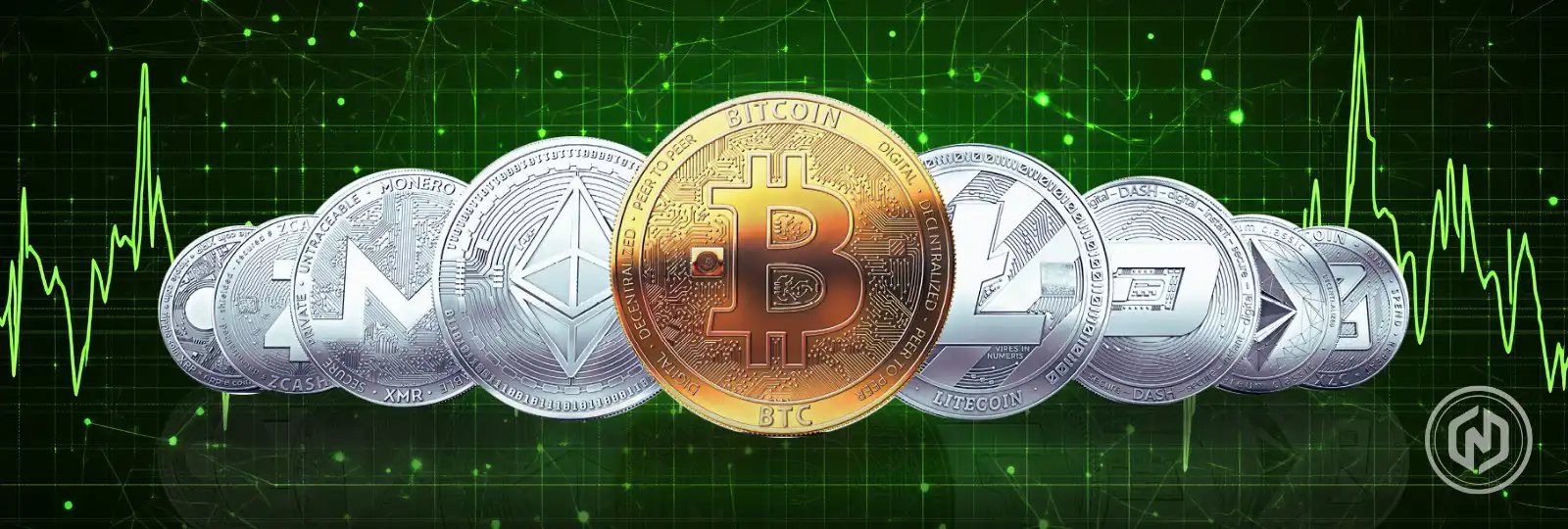Key Highlights
- Major banks like JPMorgan and Citigroup are preparing to integrate crypto-related services
- This institutional adoption is expanding beyond trading to include custody and asset tokenization
- The widespread involvement of regulated banks is legitimizing cryptocurrencies
JPMorgan Chase, the leading bank in the world, has made a huge announcement. On October 13, the bank confirmed in a CNBC interview that it will soon allow its clients to trade Bitcoin and other cryptocurrencies directly.
JPMorgan Prepares to Integrate Crypto Trading
Scott Lucas, the bank’s global head of markets digital assets, explained their approach is an “and” strategy, meaning they plan to combine traditional finance with new blockchain technology.
JUST IN: JPMorgan confirms on CNBC that they will allow clients to trade #Bitcoin and crypto but not yet launch custody services 👀 pic.twitter.com/N2oYWPwwhL
— Bitcoin Magazine (@BitcoinMagazine) October 13, 2025
However, the bank clarified that it does not have immediate plans to offer custody services. Custody is where a bank holds the actual cryptocurrencies on behalf of its clients, a service that comes with different risks and responsibilities.
However, this is not JPMorgan’s first step into the digital asset space. Earlier in 2025, the bank launched JPMD, a token similar to a stablecoin. It is designed to make cash management and cross-border payments more efficient.
They have also partnered with the crypto exchange Coinbase.
The bank’s integration continues. By July, it began allowing Chase credit cardholders to fund their Coinbase wallets.
Starting in the fall of 2025, clients will also be able to redeem their credit card rewards for a type of digital currency known as a USDC stablecoin.
In June, JPMorgan started accepting spot Bitcoin ETFs, like BlackRock’s iShares Bitcoin Trust, as collateral for loans. This means the bank now considers a client’s cryptocurrency holdings when calculating their total net worth for lending purposes.
The bank’s hesitation around custody is largely due to past regulatory challenges. However, JPMorgan already has a platform called Kinexys that processes billions of dollars in tokenized transactions every day, suggesting they have the underlying technology for future custody services.
On social media, many users pointed out the irony of Jamie Dimon’s bank now facilitating crypto traders after his previous criticisms. This allows JPMorgan to earn fees from wealthy clients trading crypto without taking on the full risk of holding the assets itself.
Citibank to Launch Bitcoin and Crypto Custody Services in 2026
Following JPMorgan’s lead, Citigroup has announced its own major plans for the crypto world. The bank is developing a full-scale cryptocurrency custody service set to launch in 2026. This service is aimed at asset managers and other institutional clients who need a safe place to store their digital wealth.
JUST IN: Wall Street giant Citi bank to launch #Bitcoin and crypto custody services in 2026 — CNBC 🙌 pic.twitter.com/awPWDITXkx
— Bitcoin Magazine (@BitcoinMagazine) October 13, 2025
Biswarup Chatterjee, Citi’s global head of partnerships and innovation, stated that the project has been in development for 2-3 years. It will involve holding the actual cryptocurrencies, like Bitcoin and Ether, and will leverage Citi’s vast experience in safeguarding over $25 trillion in assets.
The bank expressed its hope to bring a credible and reliable custody solution to the market. This effort is part of a larger digital strategy that includes exploring the creation of its own stablecoin and handling tokenized versions of ETFs.
Citi is building this service on its own digital infrastructure, known as CIDAP, which is designed to manage tokenized assets on various blockchains.
The bank has been actively preparing for this future, noting in August that the $250 billion stablecoin market could revolutionize payments.
In October, its venture arm invested in a company called BVNK to improve cross-border payment efficiency. These initiatives come after a June statement from CEO Jane Fraser, who said that the bank would consider issuing its own stablecoin.
The actions of JPMorgan and Citi are not happening in isolation. They are part of a widespread movement on Wall Street in 2025, where trading, custody, and the conversion of real-world assets into digital tokens are all being pursued.
Other major players are joining the fray. Morgan Stanley plans to roll out trading for Bitcoin, Ethereum, and Solana in 2026 through its E-Trade platform. Bank of America is also looking into stablecoins and crypto payments, pending regulatory approval.


